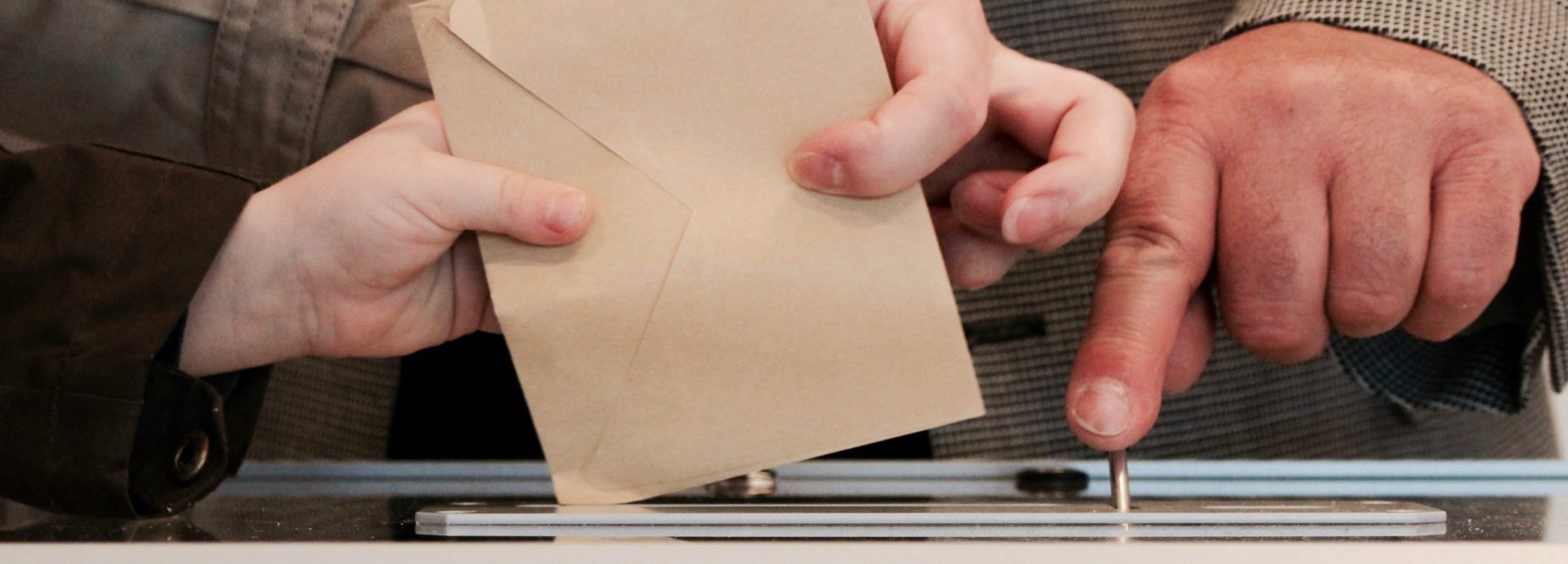“An open mind and keen eye”: Why we shouldn’t give political parties our loyalty
With polling day just around the corner, a quick aggregation of public opinion reveals a myriad of reasons why voters chose to vote for, or indeed against, political parties. These range from a desire for continuity with the current Conservative government, or a wish to take the country on a different path with Labour, right the way up to a complete rejection of two-party politics as a whole. These perceptions may be multiplicitous and well-considered, or they may be instinctive and reactionary, but regardless of origin they reflect a degree of engagement with, and consideration of, the current state of political affairs.
Yet amongst these many reasonings one stands out, not only for its intent but also its frequency amongst voters. I’m taking about party loyalty. Throughout the course of this election campaign, and indeed during 2015’s campaign, the same phrase has been uttered time and again: “I’ve always voted for X, so that’s what I’ll do.” This expression, and the sentiment behind it, seems particularly common in older generations, who’ve witnessed a large number of general elections. Yet the sentiment itself is baffling and belies a fundamental weakness of the political system.
We’re often taught, from a young age, that loyalty is an incredibly valuable trait, and in both the public and private spheres loyalty serves as a key mark of one’s character. Loyalty to your family, your friends and indeed even your employer are actively encouraged and benefit the individual in a society. It therefore comes as little surprise that this loyalty extends to other areas such as brands and indeed political parties. But should it?
This depends on an open and equal dialogue; a relationship that doesn’t exist between voters and political parties
If we’re to strip away all emotional pretences from it, then loyalty can be seen to foster beneficial symbiotic relationships. If I show loyalty to you then, in turn I expect you to show loyalty back to me, and this relationship benefits on us both as it allows us to rely upon and befit from one another, particularly in times of crisis. However, this depends on an open and equal dialogue; a relationship that doesn’t exist between voters and political parties. Because of this, there is no intrinsic benefit in remaining loyal to a party, and whilst parties must adapt their views to cater to a voter base, this adjustment is based more upon winning over undecided voters than listening to the demands of lifelong supporters. These votes are taken for granted and thus widely ignored. You need only look at the Conservatives social care policy to see that. There’s no prize for party loyalty, so why do people continue to show such reverence? The answer is two-fold.
For a large majority of the populace, it comes down to history. Many adults in their later 40s and early 50s, particularly those in the south, grew up under the failing Labour government of the 1970s, beset by power cuts and strikes. This largely came to an end under Thatcher’s Conservative government, who tightly regulated union activity. Thus, for this generation Labour has become associated with governmental failure whilst the Conservatives have become associated with success. This, unsurprisingly, breeds party loyalty, for if you perceive that someone has tangibly improved your situation, you’re more likely to show loyalty to them. The same can be said of political parties. The leaders may change, but people still associate the name and the brand with key moments in their life, creating a strong emotional connection to that party.
Party loyalty therefore becomes fundamental to the individual’s identity
Yet, arguably the second reason is just as powerful a motive, and it’s one we see here at Warwick with our on political societies. By their very nature, parties are made up of people who share similar ideals and outlooks on the world, and as such connect on some level. When one joins Warwick Labour or Warwick Conservatives, they move into a social sphere that is suited to them, and thus ingrain themselves into it. They build up a social network with the party as their foundations and thus, for them, political identity is integral to their whole social sphere. Party loyalty therefore becomes fundamental to the individual’s identity, making it almost impossible to forsake this loyalty without shattering this social circle. You’d struggle to keep your party friends at Warwick if you were to cross the isle.
This party loyalty that we see is therefore understandable. It’s driven by human emotions with which we can all connect and empathise. But this doesn’t make it a positive thing. This loyalty that so many feel, however well intentioned, is holding democracy back. The parties of today are not the same parties of ten, twenty or thirty years ago, and the voter gains nothing from uncritically standing by their side. We can’t allow our historical bias or our social spheres to influence our vote, but rather approach each election with an open mind and keen eye. If we don’t, then we can never truly ensure good governance.

Comments